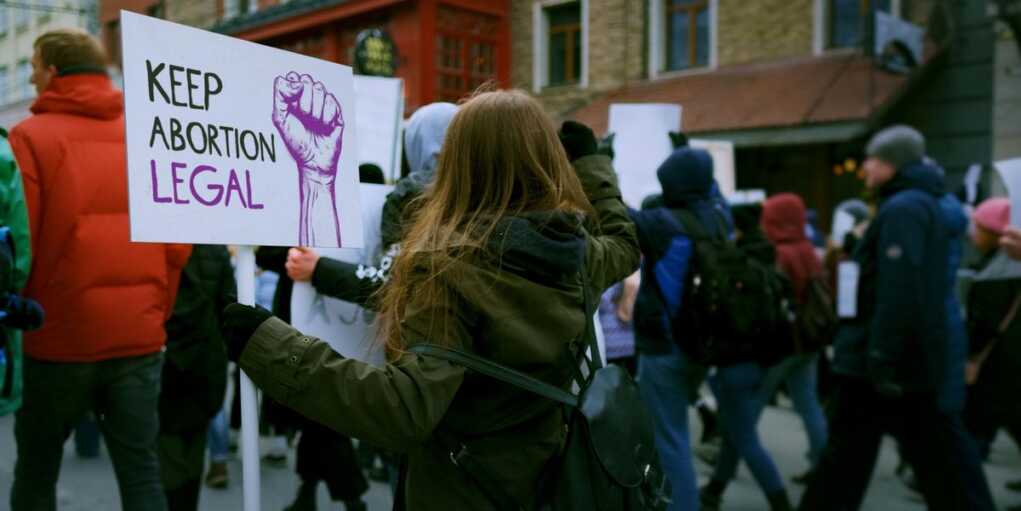Lawmakers Push to Remove Final Barrier on Abortion Limits

In one of the most radical legislative moves in the history of British abortion law, Parliament has voted overwhelmingly to decriminalize abortion up to the moment of birth. The amendment, tacked onto the broader Crime and Policing Bill, passed 379 to 137 on Tuesday afternoon. It now awaits final approval from both the House of Commons and the House of Lords before becoming law.
A Shift From Regulation to Deregulation
Current UK law permits abortion within the first 24 weeks of pregnancy and beyond only under specific exceptions—chiefly, if the mother’s life is at risk. But even under those constraints, over 250,000 abortions take place annually in England and Wales.
The new amendment—pushed by Labour MP Tonia Antoniazzi—would remove criminal penalties for women who choose to terminate their pregnancies at any stage. While the law would not legalize participation by doctors or others beyond 24 weeks without medical approval, it does remove legal accountability for the woman herself.
Antoniazzi defended the measure as a necessary update to what she called “Victorian law,” originally passed by “an all-male parliament elected by men alone.” According to her, criminal prosecution is inappropriate in cases involving women who terminate late-term pregnancies, regardless of gestational age.
“These women need care and support, and not criminalisation,” Antoniazzi declared.
Pro-Life Advocates Sound the Alarm
Reaction was swift and fierce from pro-life groups across the UK. The Society for the Protection of Unborn Children (SPUC) described the development as nothing short of horrifying.
Alithea Williams, SPUC’s public policy manager, warned that if the bill becomes law, “a woman who aborts her baby at any point in pregnancy, even moments before birth, would not be committing a criminal offence.” She added, “Even the very limited protection afforded by the law is being stripped away.”
The amendment passed by Antoniazzi stops short of a more extreme proposal by Labour’s Stella Creasy, who sought to legally classify abortion as a human right. Her version would have erased nearly all legal restrictions established under the 1861 Offences Against the Person Act and outlawed any protest, even silent prayer, near abortion clinics. That proposal did not reach the floor for a vote.
Creasy is well-known in British politics as a leading voice for radical abortion expansion. Her advocacy for buffer zones and censorship of dissenting opinions on abortion has drawn criticism from both free speech advocates and religious liberty groups.
Not Law Yet—But Close
The passage of the Antoniazzi amendment represents a massive step toward removing what many viewed as the last legal safeguard for unborn children in Britain. The bill must still receive final passage from Parliament and the House of Lords to become law, but the overwhelming majority vote on Tuesday indicates strong momentum.
If fully enacted, Britain would become one of the most permissive countries in the world on abortion, with virtually no legal protections for the unborn at any stage of pregnancy.
Critics warn this new threshold is less about health care and more about ideology. “This isn’t about support for women—it’s about removing consequences,” said one lawmaker opposed to the bill. “There’s a difference between compassion and license. This crosses the line.”
With momentum building and little resistance in the upper chamber, Britain may be just weeks away from codifying abortion without limits. And with that, a new chapter in the nation’s moral and legal history begins.









